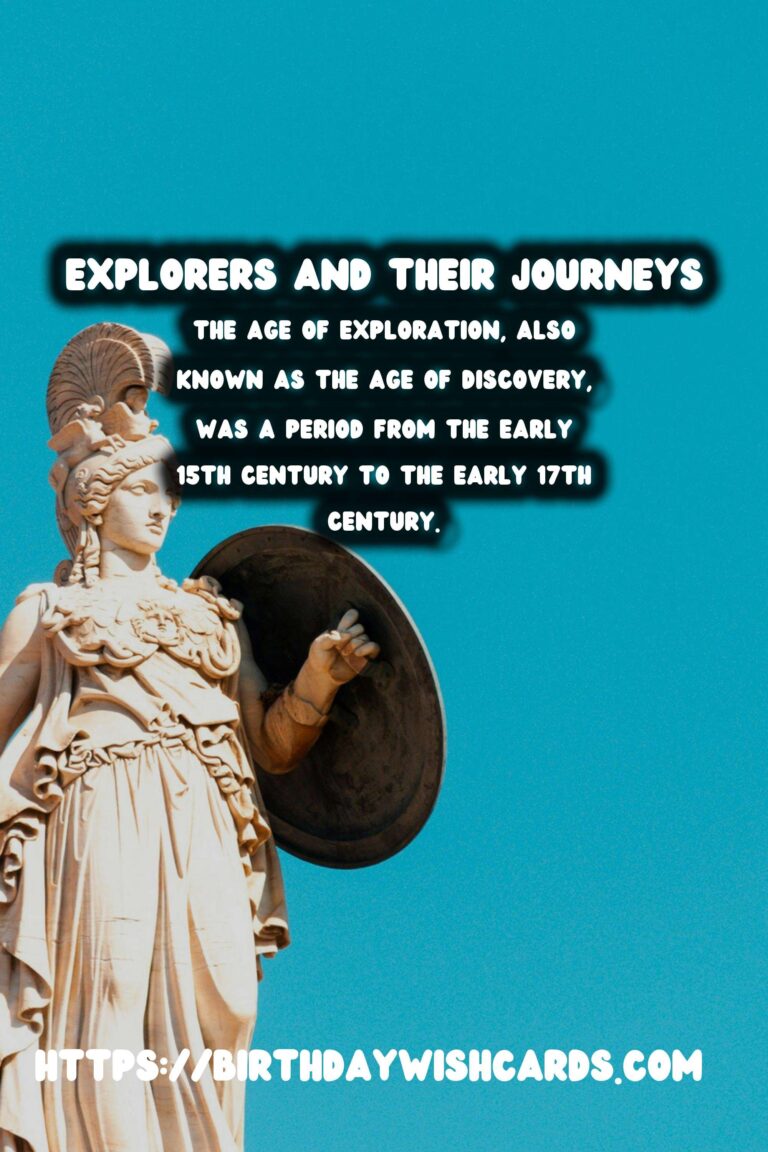
The Age of Exploration, also known as the Age of Discovery, was a period from the early 15th century to the early 17th century, during which European nations explored the world’s oceans and lands beyond their known territories. This era marked significant advancements in navigation, cartography, and shipbuilding, leading to the discovery of new lands and sea routes.
Christopher Columbus: The Navigator Who Found the New World
In 1492, Christopher Columbus, an Italian explorer sailing under the Spanish flag, embarked on a journey to find a westward sea route to Asia. Instead, he stumbled upon the Americas, forever changing the course of history. Columbus’s voyages opened the New World to European colonization and marked the beginning of transatlantic conquest.
Vasco da Gama: The Maritime Route to India
Vasco da Gama, a Portuguese explorer, was the first to reach India by sea, linking Europe and Asia via the Cape of Good Hope. His journey allowed Portugal to establish a colonial empire in Asia and control the lucrative spice trade, significantly impacting global commerce.
Ferdinand Magellan: The First Circumnavigation
Ferdinand Magellan, a Portuguese explorer serving the Spanish crown, led the first expedition to circumnavigate the globe from 1519 to 1522. Although Magellan himself did not survive the journey, his fleet’s successful circumnavigation proved that the earth is round and paved the way for future global exploration.
Marco Polo: The Venetian Marco Polo
Although Marco Polo explored before the Age of Exploration officially began, his travels to Asia greatly influenced later explorers. Polo’s detailed accounts of his experiences in China with the Mongol Empire were published and widely read across Europe, inspiring a new generation of adventurers to seek out distant lands.
John Cabot: The Discovery of Canada
In 1497, John Cabot, an Italian navigator under the commission of England, discovered parts of North America, which later became known as Canada. Cabot’s journey marked England’s first step into the New World, creating new opportunities for trade and colonization.
Conclusion
The Age of Exploration was a transformative period characterized by daring explorers who defied the limits of their known world. Their journeys not only expanded geographical knowledge but also initiated an era of cultural exchange, economic integration, and unprecedented historical shifts.
The Age of Exploration, also known as the Age of Discovery, was a period from the early 15th century to the early 17th century. Christopher Columbus’s voyages opened the New World to European colonization. 
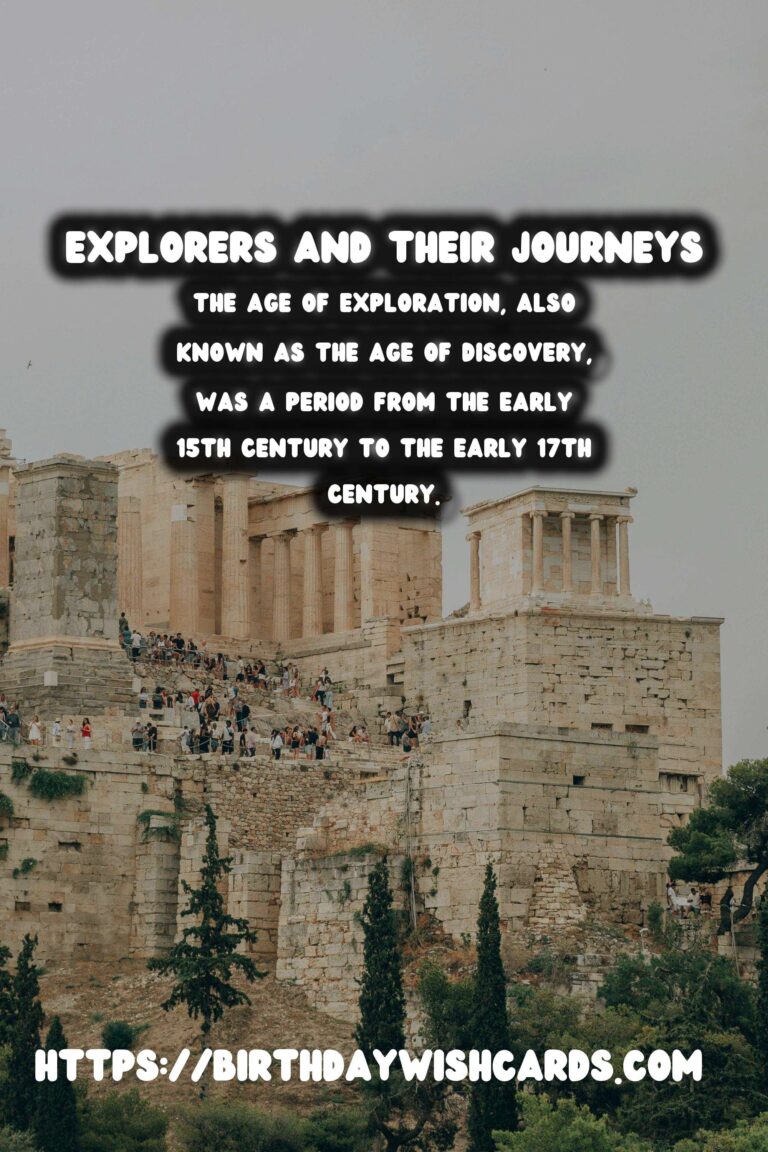
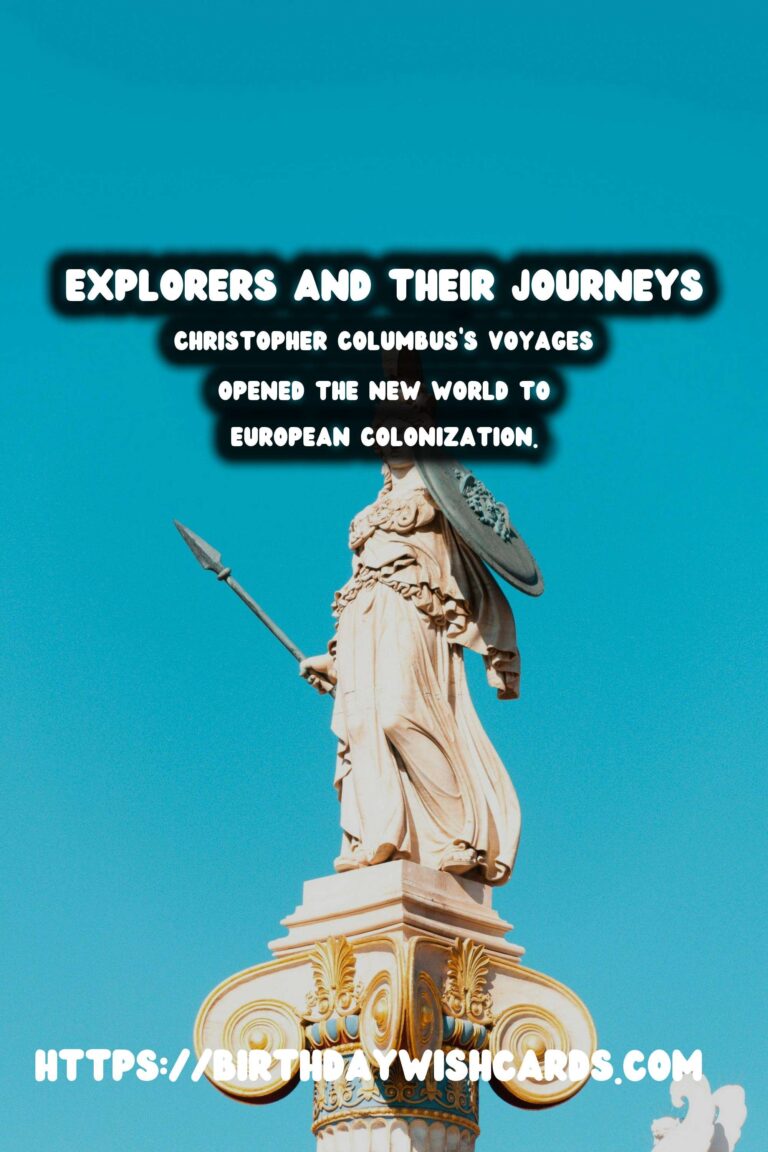
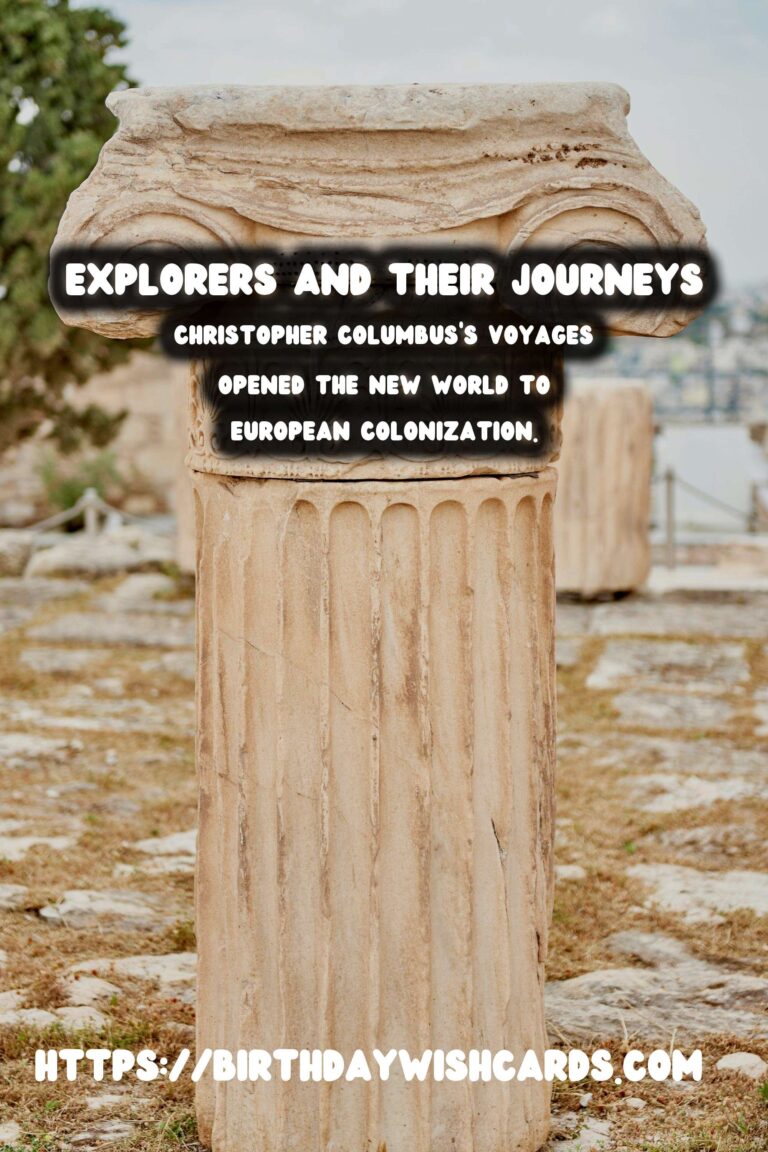
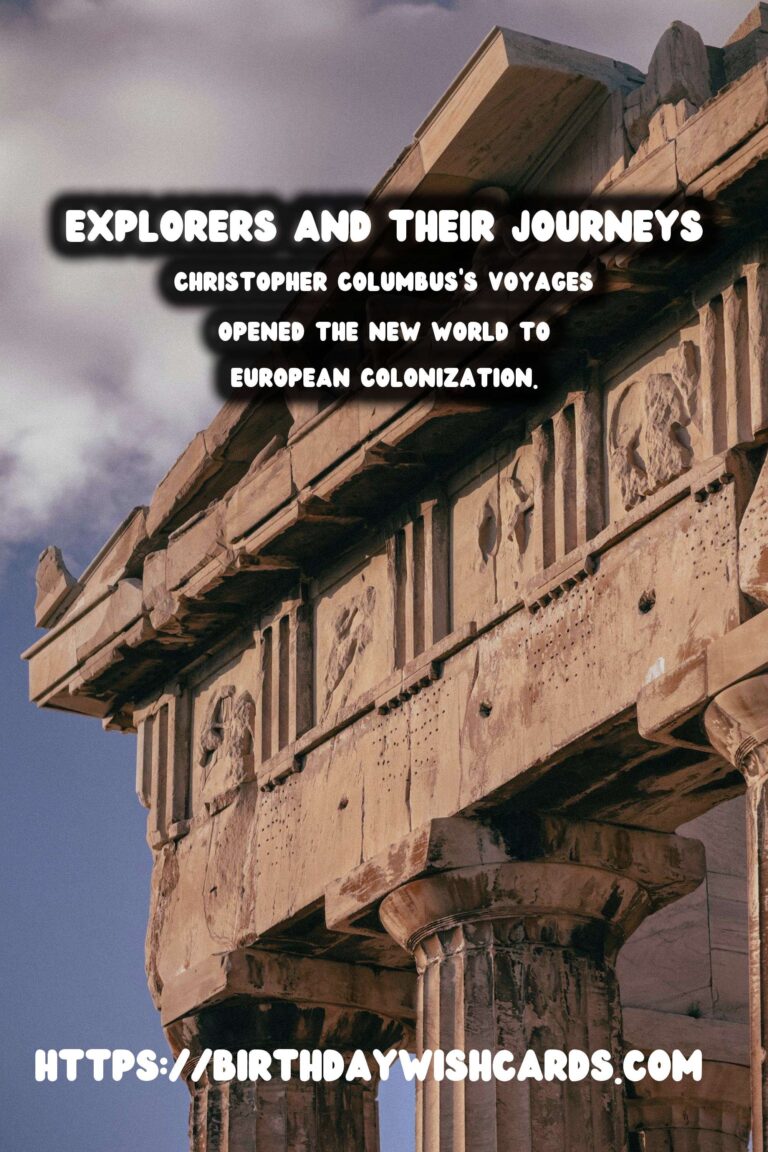
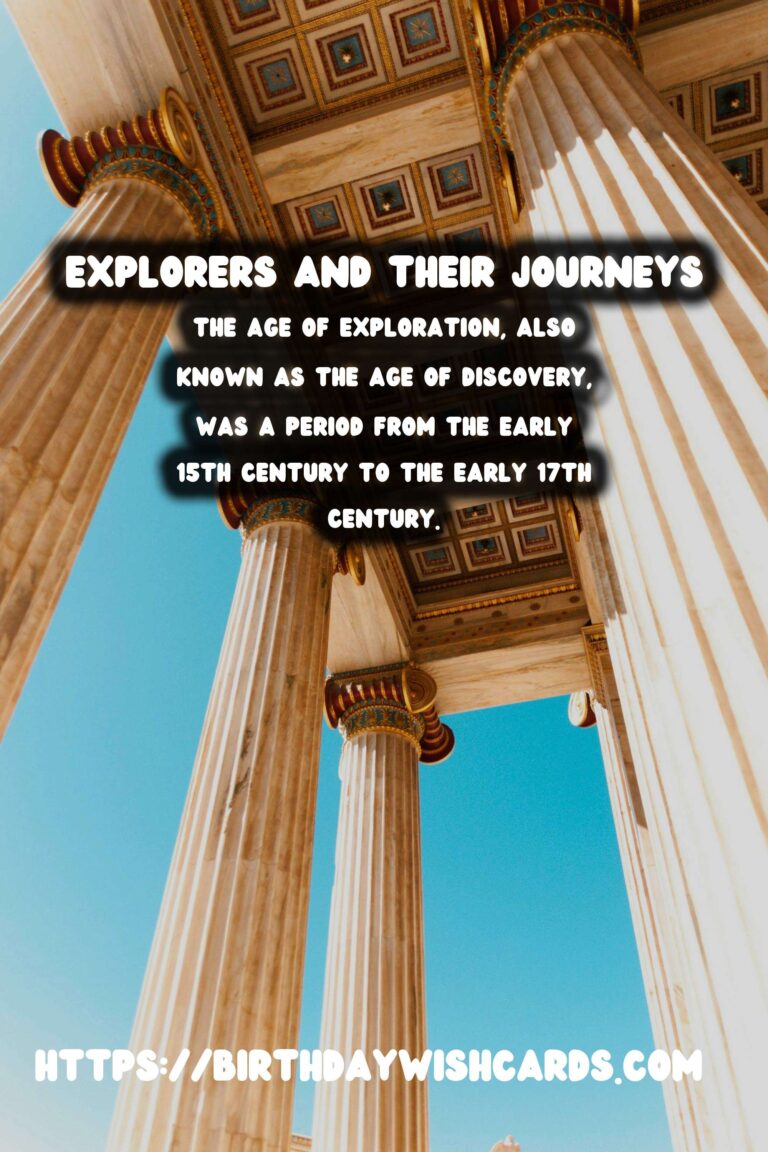
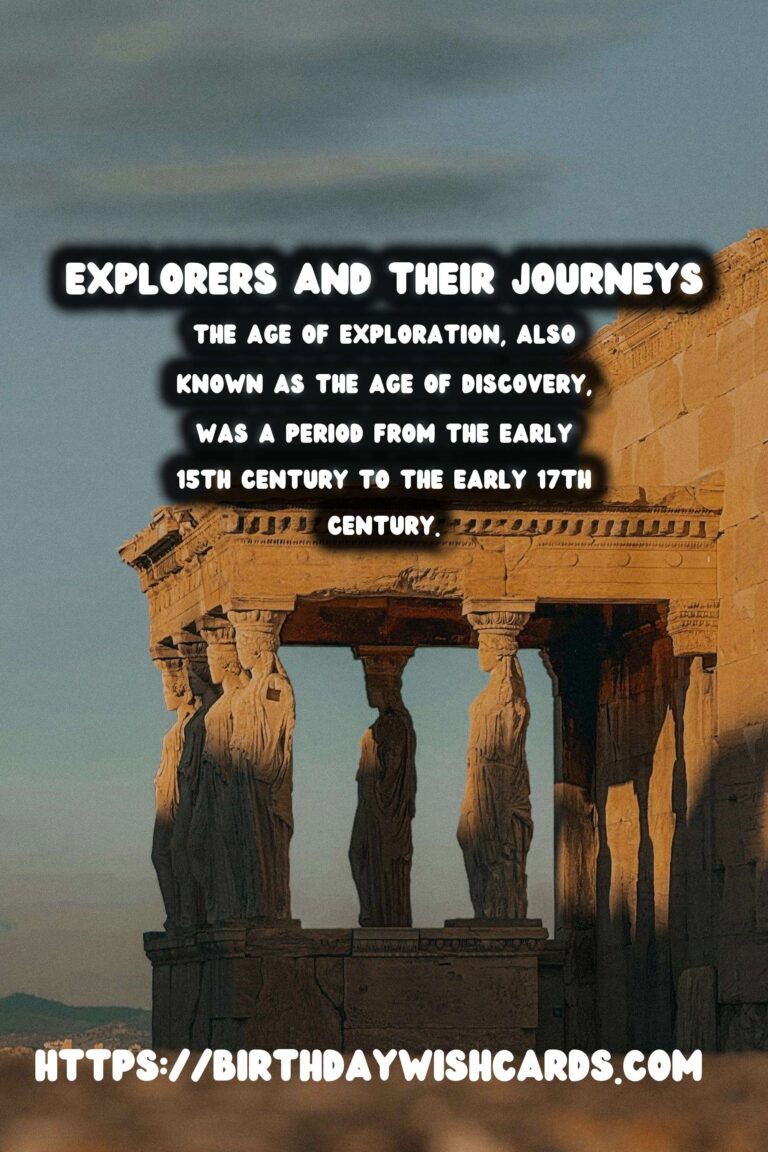
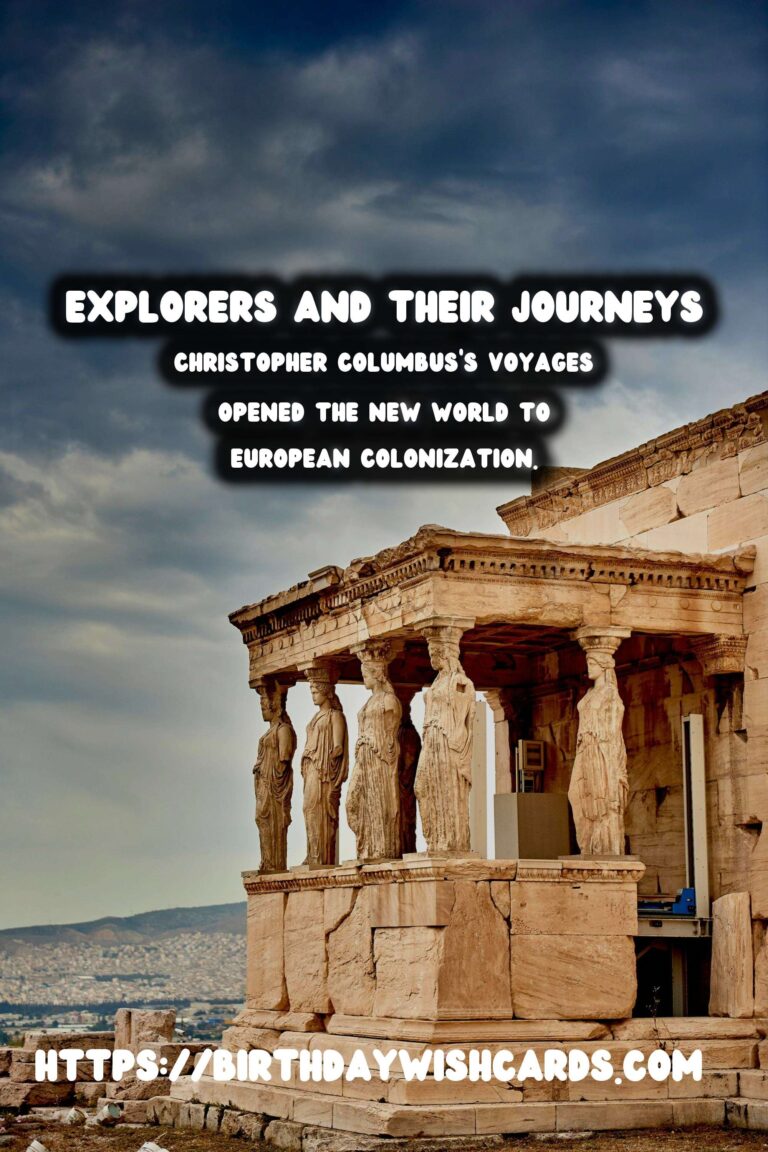
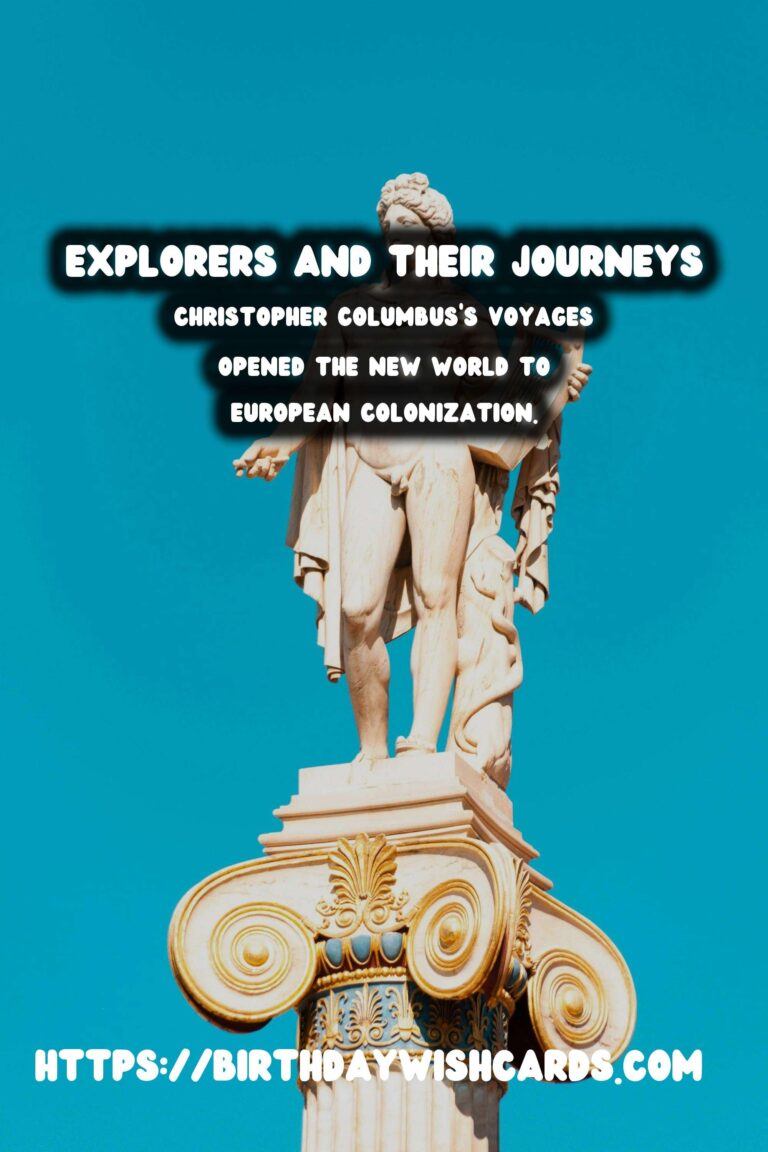
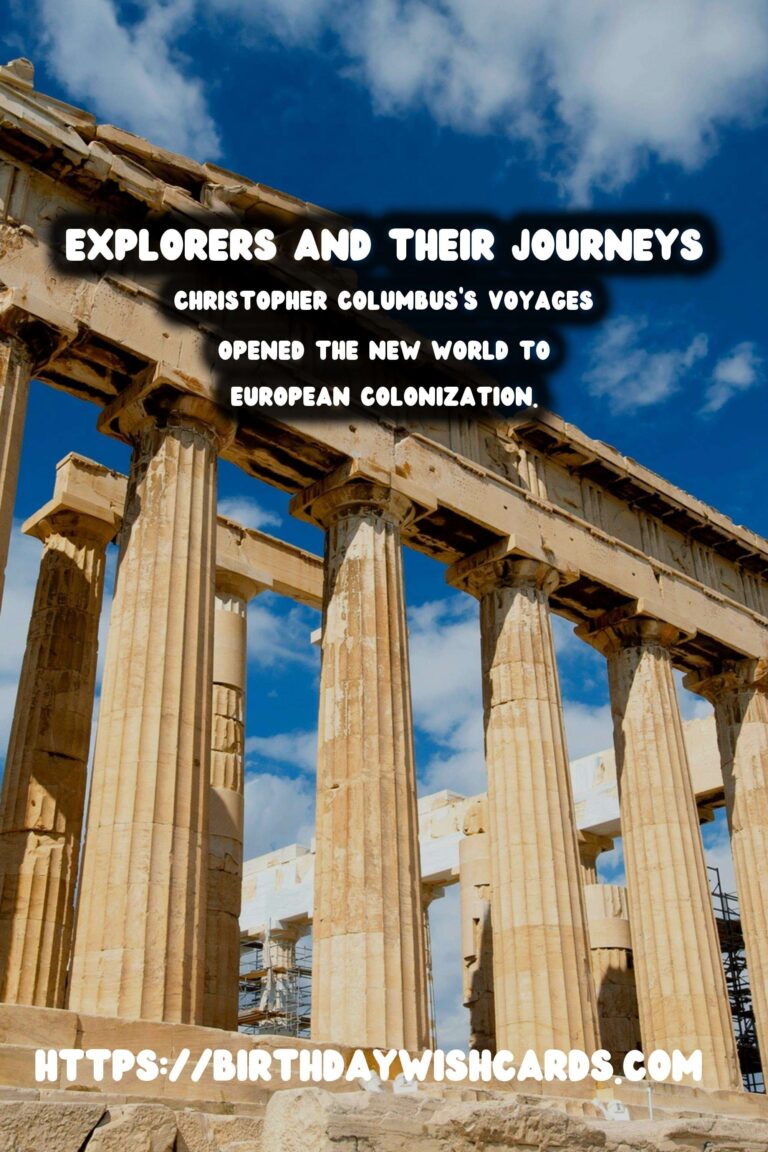
#Exploration #History




